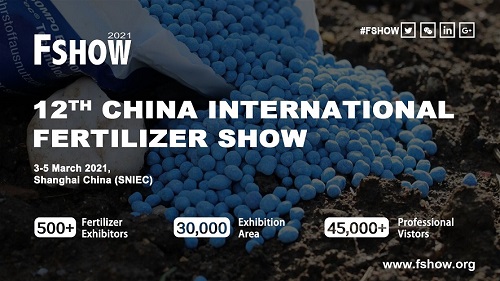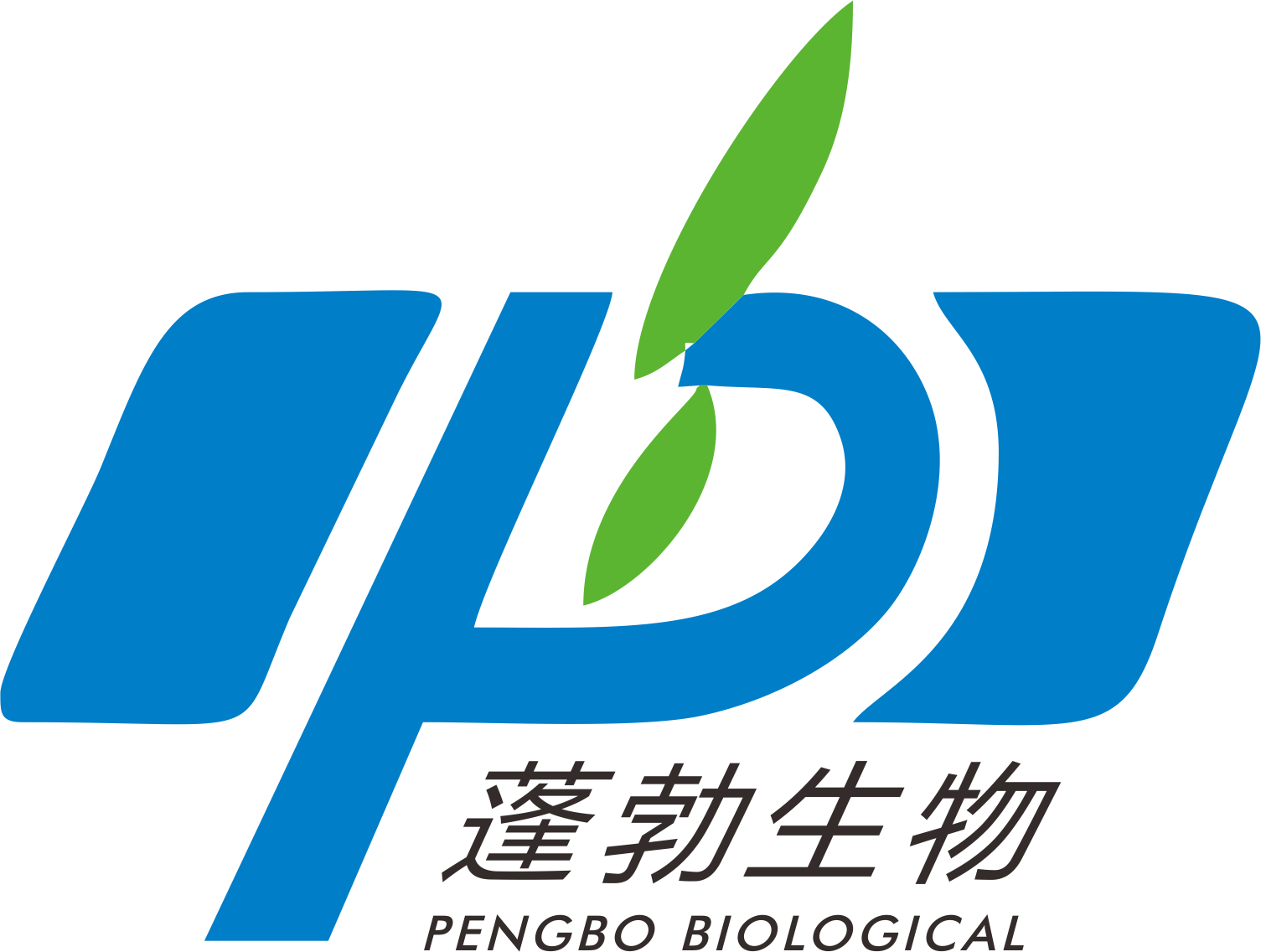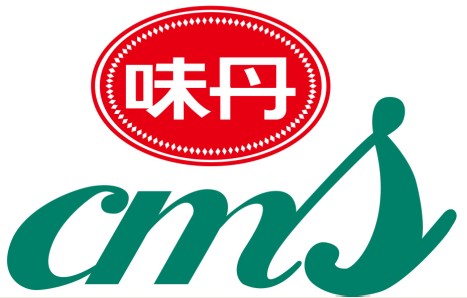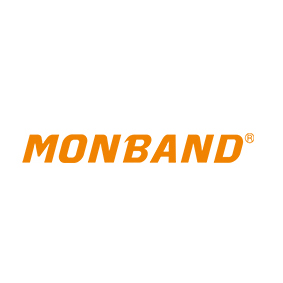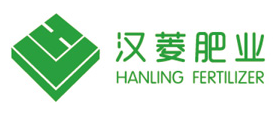Global Zinc Deficiency And The Growing Zinc Fertilizer Market
Author: Release Time:2020.12.11 Number Of Visitors:2197
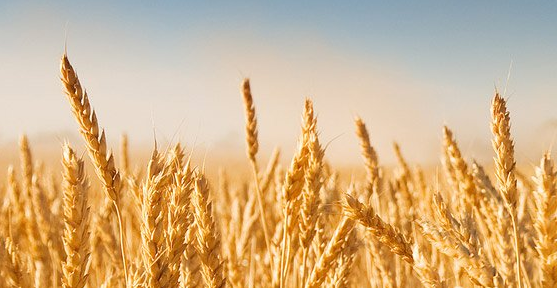
Zinc (Zn) is a micronutrient essential for healthy growth in plants, animals, and humans. In plants, zinc fosters proper growth and development and is recognized as closely tied to limited crop yields when not available in sufficient amounts. Furthermore, malnutrition as a result of zinc deficiency can have a devastating impact on humans.
Driven by the growing global awareness of zinc deficiency in soils and the challenge of meeting food security needs for the estimated 2050 global population of more than 9 billion people, many are anticipating an increasing demand for zinc fertilizers.
ZINC DEFICIENCY
While zinc is only required by plants in small amounts, this required zinc is critical to the growth and development of the plant; without zinc, plants would not grow properly, and high yields would not be attainable. Additionally, some plants and soil conditions may be more prone to zinc deficiency than others.
According to the Zinc Nutrient Initiative (ZNI), zinc deficiency is the most common micronutrient deficiency in soils, affecting over half of the world’s agricultural soils. As reported by IHS Markit, IHS Chemical noted in their report, IHS Chemical Economics Handbook: Inorganic Zinc Chemicals, that by 2018, global zinc deficiency could be as high as 65%.
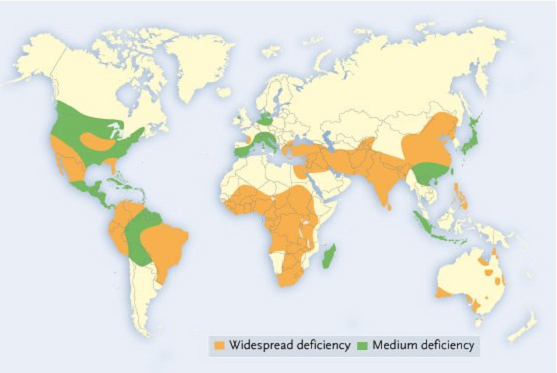
The image above shows major areas of reported zinc deficiency problems in crops.
While zinc deficiency is a problem for plants alone, it also presents significant challenges to life on earth:
REDUCED YIELDS
It is well-established that an adequate and accessible supply of zinc helps to ensure optimal yields in crop production.
According to IHS Markit, the aforementioned IHS report concluded through field studies that the addition of zinc fertilizer increased yields from 8 percent annually to an impressive 20 percent annually – a 12% increase. The Zinc Nutrient Initiative also cites a case study in India that found zinc improved rice grain yields by up to 30%.
Achieving maximum crop yields will continue to gain greater importance as the world looks to feed its exponentially growing population. And while zinc will likely only be one piece of the puzzle, without zinc, achieving maximum yields will not be possible.
NUTRITIONAL VALUE
Not only is zinc deficiency likely to reduce yields, but it can also result in malnutrition in humans, as deficient plants cannot provide as much nutritional value of zinc.
As mentioned, zinc deficiency is widely seen in cereal crops, which often serve as the main source of subsistence in developing countries. In such areas, stunted growth in children is a problem, such as in Haiti, where 30% of children exhibit stunting.
Zinc deficiency can also be deadly; according to the Zinc Nutrient Initiative, 800,000 people die each year as a result of zinc deficiency diseases. Currently, around 2 billion people suffer from zinc deficiency globally.
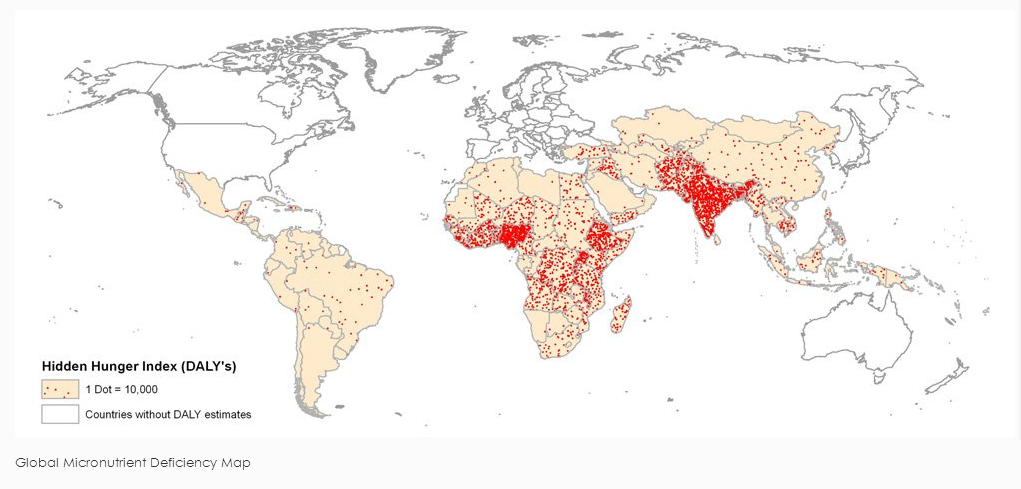
Total population-unadjusted Disability Adjusted Life Years (DALYs) attributed to micronutrient deficiencies
in 136 countries. Includes iron, vitamin A, and zinc micronutrient deficiencies.
Through the same field studies that concluded a 12% increase in crop yields as a result of zinc application, IHS also reported that grain zinc content was increased by an astounding 20% – a promising finding when looking to solve malnutrition related to zinc deficiency.
THE ZINC FERTILIZER MARKET
While some soils may be able to supply the necessary zinc naturally, others will require the addition of a zinc fertilizer. As we become more aware of the growing zinc deficiency and its associated issues, the addition of zinc in fertilizers is becoming more prevalent.
In 2012, China’s Ministry of Agriculture (MoA), for the first time, included zinc fertilizer as part of their National Scientific Recommendation Guidelines for Major Crop Production.
In a recent interview, Nevada Zinc President, Bruce Durham, told Mining Weekly Online that the Canadian explorer was looking at zinc sulfate fertilizer as a potential product avenue from their flagship Lone Mountain project, noting that they could get more value than the dollar value of the zinc price.
Investing News recently wrote of the growing demand for zinc fertilizers as well. Though most zinc demand is not attributed to the agriculture sector, Investing News points out that agriculture and zinc’s role in it as a fertilizer is a trend to watch, especially alongside the endorsement of Ivanhoe Resources founder Robert Friedland, who stated that zinc “is now recognized, along with potash, as one of the most intense organic fertilisers.”
ADDING ZINC THROUGH CUSTOM FERTILIZER BLENDS
The most commonly utilized source of zinc in fertilizers is zinc sulfate – a dry, inorganic compound produced by reacting zinc with sulfuric acid.
Zinc sulfate can be applied alone, or combined with other nutrients to create custom formulations that address both key macronutrient needs and zinc deficiency in soils. While powdered zinc sulfate is an option, granular zinc sulfate is often preferred for the many benefits a granular product offers.
As interest in incorporating zinc into fertilizer formulations grows, so too does the research and development around the topic. The FEECO Innovation Center has been assisting customers in testing the feasibility of custom fertilizer formulations and developing processes to create them for over 65 years.
The Innovation Center offers a broad range of testing capabilities around fertilizers. Our process experts can test various methods of agglomeration from pipe reactor granulation to drum granulation, disc pelletizing, and more. Coating and drying can also be tested. We can test on a single piece of equipment, or a continuous process loop integrating granulation, drying, and screening.
The Innovation Center has expertise in a wide range of both organic and inorganic fertilizers. Through our extensive testing capabilities, we can determine the feasibility of your intended process, as well as create sample products of various nutrient formulations for use in field trials. Among other things, we can assist in product and process development for:
Zinc sulfate granulation
The incorporation of zinc into inorganic fertilizer formulations such as NPK, MAP, DAP, and more
The incorporation into organic-based fertilizers such as manure and biosolids
We can then engineer, manufacture, and service the custom fertilizer production equipment needed to replicate the process at full-scale production capacity.
CONCLUSION
As global awareness around zinc deficiency increases and the world looks to feed an exponentially growing population, experts are predicting that zinc is likely to play a critical role in overcoming these challenges, due to its direct link to crop yields and nutrition. The zinc fertilizer market looks poised for growth as companies seek the creation of custom fertilizer formulations incorporating this essential micronutrient.
FEECO has been on the forefront of advanced fertilizer products since 1951. Many of the world’s largest fertilizer producers rely on us for the best in process development services and custom processing equipment. For more information, contact us today!
From Feeco International
